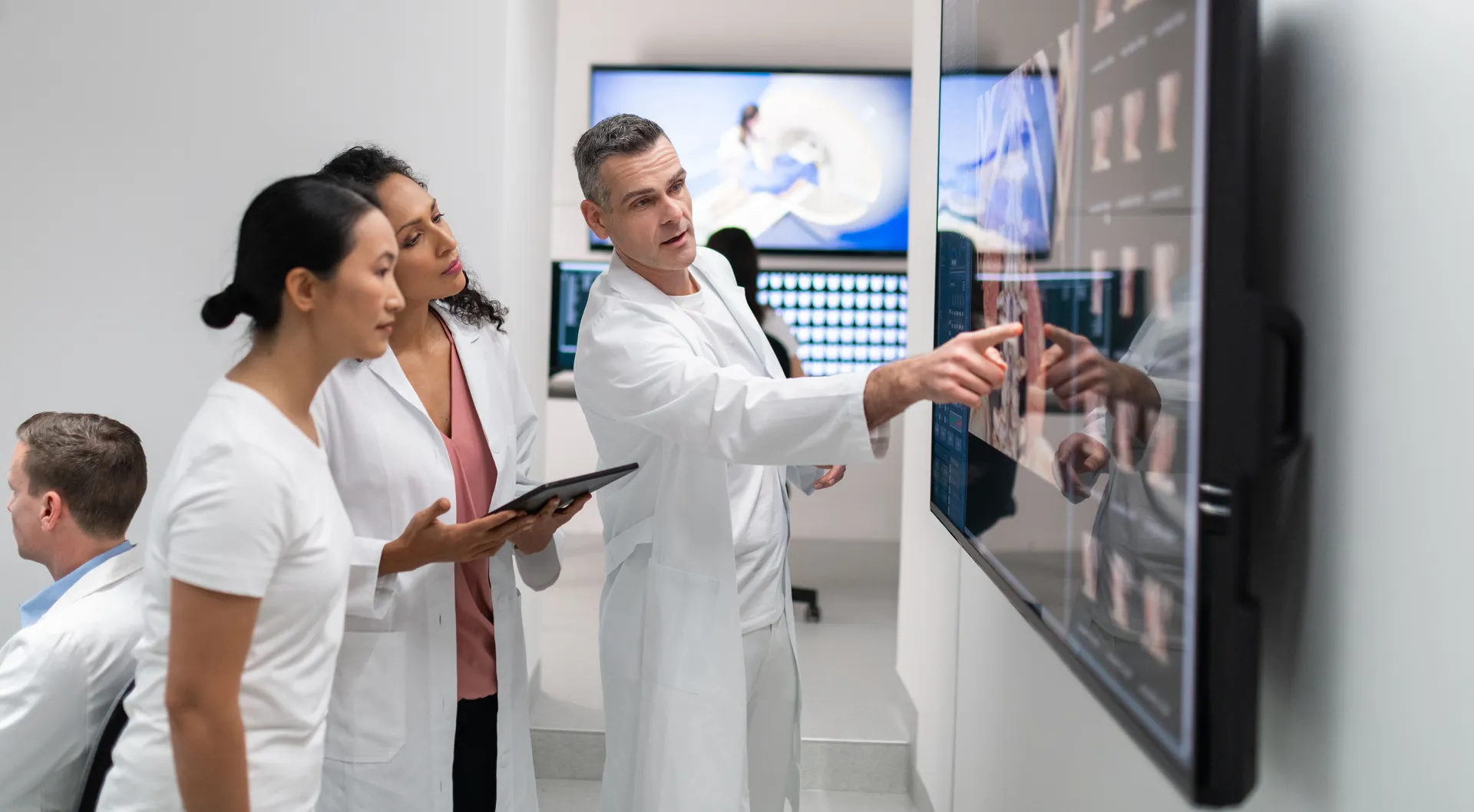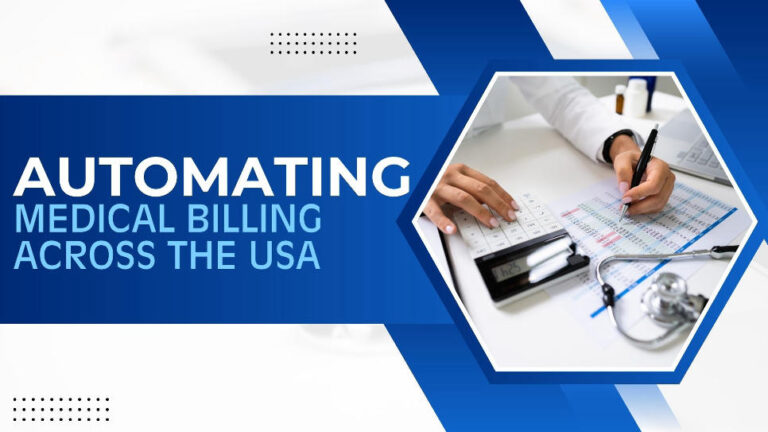RPA in Healthcare and Medical Billing
Refining Health
Globally fulfilling the healthcare Requirements, Whenever They Are Required
RPA is essential to healthcare businesses’ goals to enhance business procedures,operational efficiency, and expand the scope of the services and products. In the world of medicine, productivity does not constitute the sole factor to consider. Healthcare organizations, including payers and providers of medical services,aspire to expand patient access towards health, reduce expenses, and improve medical outcomes.



Operational control is improved using RPA
Meeting the healthcare needs of people globally, whenever they need it.
Healthcare data is generated on a daily basis in excess of 750 quadrillion bytes (Fortune, 2018). Many of these data are still unexplored, which results in lost chances to enhance people’s lives and wellness. Healthcare firms may reimagine their infrastructure, business processes, and product offerings with the help of RPA.

RPA facilitates
Healthcare firms upgrade their business techniques, infrastructure, and product offerings with RPA.
Healthcare organizations can reinvent elements of their operations due to the revolutionary technology known as robotic process automation, which provides a wide range of advantages. RPA ensures data accuracy by removing human mistakes in data entry. For the purpose of superior treatment and adhering to regulatory standards, accurate and current patient information is essential.RPA serves as the cornerstone for healthcare innovation. It enables businesses to investigate cutting-edge technologies
RPA in healthcare also includes the effective transfer of clinical information among databases and interfaces used by users. Clinical documentation is made easier, front-end staff is given self-service capabilities, and healthcare organizations’ efficiency and effectiveness are improved.
The positive aspects of using robotic process automation (RPA) to improve operations are widely known, and it is easy to see how streamlining procedures may lead to increased efficiency and lower costs.. It is crucial to realize the potential of automation in drastically lowering costs given the predicted 6.5% growth in healthcare costs, as reported by UiPath, and the findings of a KPMG research revealing that RPA can deliver savings of up to 50%. – Department of Economic and Social Affairs, United Nations.
Clinical Data Retrieval: RPA has the ability to help current systems retrieve clinical records and patient data and then pass it along to the appropriate human staff members for use.
Simplifying Healthcare Payroll and Credentialing: By integrating RPA with other technologies, processes like handling employee credentials, timesheets, and payment information within the healthcare industry can be made more effective.
Hospital Self-Service Kiosks: By using an RPA tool, procedures that are traditionally performed by employees can be converted into self-service terminals that patients or consumers can use.


